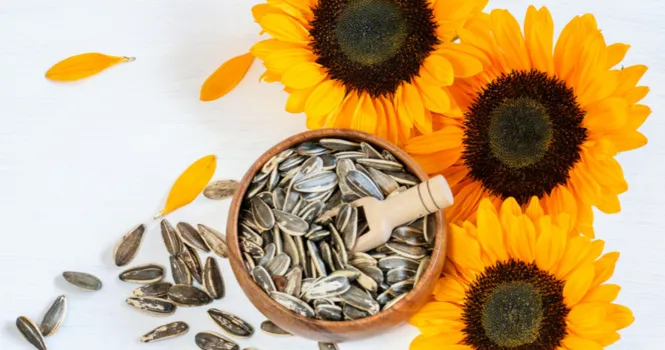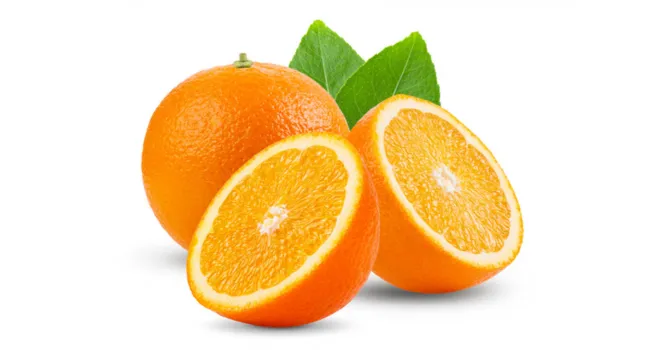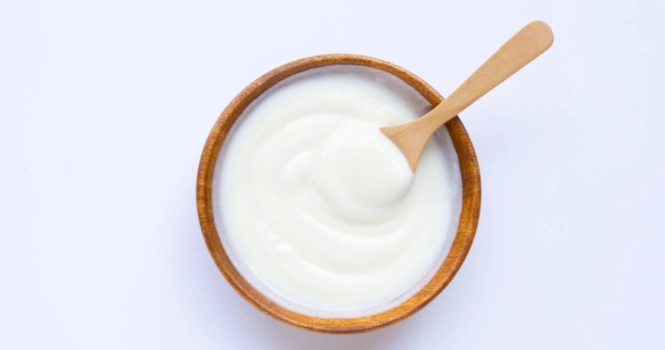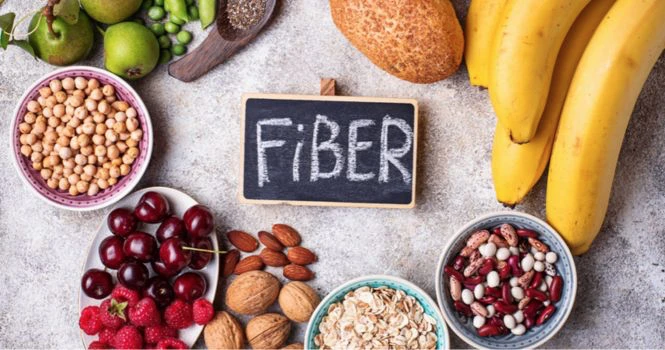Top 15 Carbohydrate Loaded Foods
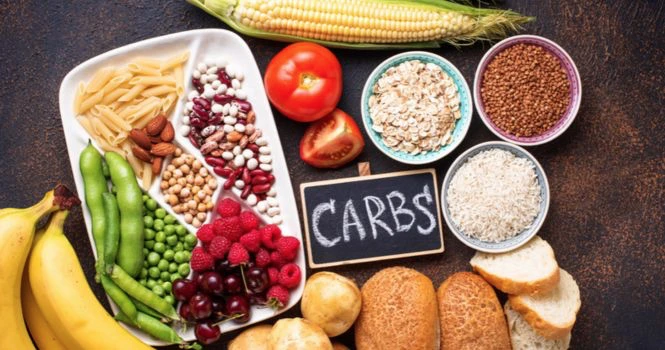
Carbohydrates, or carbs, are one of the three main macronutrients found in food, along with protein and fat. They are made up of sugar molecules and are the body’s primary source of energy.
Carbs Can Be Divided into Two Main Categories
1. Simple Carbs:
These are small molecules, like glucose, fructose, and sucrose, found in fruits, sugar, and processed foods. They provide quick energy but can cause blood sugar spikes if consumed in large amounts.
2. Complex Carbs:
These are larger molecules, like starch and fiber, found in whole grains, vegetables, and legumes. They provide longer-lasting energy and are generally healthier due to their higher fiber and nutrient content.
Sources of Carbohydrates
1. Grains:
Carbohydrates are found in a wide variety of foods. They are primarily sourced from plants, as carbohydrates are the main energy storage compound in plants. Some common sources of carbohydrates include:
Wheat, rice, barley, oats, and corn are all rich in carbohydrates. Foods made from these grains, such as bread, pasta, cereals, and tortillas, are also high in carbohydrates.
👉 What makes kuboos a healthy flatbread?
2. Fruits:
Fruits like apples, bananas, oranges, berries, and grapes contain natural sugars, such as fructose and glucose, which are carbohydrates.
3. Vegetables:
Some vegetables, particularly starchy ones like potatoes, sweet potatoes, corn, and peas, have high carbohydrate content. Other vegetables like leafy greens, broccoli, and cauliflower have lower carbohydrate content but still contribute to your daily intake.
4. Legumes:
Beans, lentils, and peas are rich in carbohydrates, as well as protein and fiber.
5. Nuts and seeds:
While nuts and seeds are higher in fat and protein, they still contain some carbohydrates.
6. Dairy Products:
Milk, yogurt, and some types of cheese contain lactose, which is a carbohydrate. However, the carbohydrate content of dairy products varies depending on the type and processing method.
7. Sugary Foods and Beverages:
Foods and drinks high in added sugars, like candy, cookies, pastries, soda, and fruit juices, are significant sources of carbohydrates.
It’s important to note that not all carbohydrates are created equal.
Whole, minimally processed foods like whole grains, fruits, and vegetables are rich in fiber, vitamins, and minerals, making them healthier carbohydrate choices.
In contrast, refined grains and added sugars provide fewer nutrients and can contribute to weight gain and other health issues when consumed in excess.
Top 15 Richest Sources of Carbohydrates
1. White rice
2. Brown rice
3. Pasta
4. White bread
5. Whole wheat bread
6. Bagels
7. Quinoa
8. Oats
9. Couscous
10. Potatoes
11. Sweet potatoes
12. Corn
13. Beans
14. Lentils
15. Cereal
List of Carbohydrates Sources with Calories, Glycemic index, Glycemic Load and fiber and carbs content of each source
| Food | Carbs per 100g (approx.) | Calories per 100g (approx.) | Glycemic Index (approx.) | Glycemic Load (per 100g, approx.) | Fiber per 100g (approx.) |
| White rice | 28-29g | 130-140 | 73 | 20-21 | 0.4g |
| Brown rice | 22-23g | 110-120 | 68 | 15-16 | 1.8g |
| Pasta (cooked) | 25g | 157 | 45-50 | 11-13 | 2.5g |
| White bread | 49g | 266 | 75 | 36-37 | 2.7g |
| Whole wheat bread | 41g | 247 | 70 | 29-30 | 6.0g |
| Bagels | 48g | 250 | 72 | 34-35 | 3.0g |
| Quinoa (cooked) | 21g | 120 | 53 | 11-12 | 2.8g |
| Oats (raw) | 66g | 389 | 55 | 37-38 | 10.6g |
| Couscous (cooked) | 23g | 112 | 65 | 15-16 | 1.4g |
| Potatoes (cooked) | 21g | 87 | 78 | 16 | 2.0g |
| Sweet potatoes | 20g | 86 | 70 | 14 | 3.0g |
| Corn (cooked) | 25g | 96 | 55 | 14 | 2.4g |
| Beans (cooked) | 20-25g | 127-160 | 40-45 | 8-11 | 5.5-9.6g |
| Lentils (cooked) | 20g | 116 | 30-45 | 6-9 | 7.9g |
| Cereal (dry) | 84g | 375-385 | 70-80 | 59-67 | 3-12g |
Top 15 Good Sources of Carbohydrates
1. Barley
2. Bulgur
3. Buckwheat
4. Steel-cut oats
5. Whole wheat pasta
6. Brown rice
7. Quinoa
8. Sweet potatoes
9. Legumes (e.g., lentils)
10. Beans (e.g., black)
11. Green peas
12. Rye bread
13. Spelt bread
14. Whole grain crackers
15. Berries (e.g., Blueberries)
List of 15 Healthy Carbohydrate-rich foods that can be incorporated into a weight loss diet, along with their carbohydrate content, calories, glycemic index, glycemic load, and fiber
| Food | Carbs per 100g (approx.) | Calories per 100g (approx.) | Glycemic Index (approx.) | Glycemic Load (per 100g, approx.) | Fiber per 100g (approx.) |
| Barley (cooked) | 28g | 123 | 25 | 7 | 3.8g |
| Bulgur (cooked) | 18g | 83 | 48 | 9 | 4.5g |
| Buckwheat (cooked) | 20g | 92 | 45-50 | 10 | 2.7g |
| Steel-cut oats (cooked) | 27g | 140 | 42 | 11 | 4g |
| Whole wheat pasta | 25g | 149 | 42-45 | 11-12 | 4.5g |
| Brown rice (cooked) | 22-23g | 110-120 | 68 | 15-16 | 1.8g |
| Quinoa (cooked) | 21g | 120 | 53 | 11-12 | 2.8g |
| Sweet potatoes | 20g | 86 | 70 | 14 | 3g |
| Legumes (e.g., lentils) | 20g | 116 | 30-45 | 6-9 | 8g |
| Beans (e.g., black) | 24g | 142 | 40-45 | 9 | 8.7g |
| Green peas (cooked) | 14g | 84 | 48 | 7 | 5.5g |
| Rye bread | 48g | 259 | 58 | 27 | 5.8g |
| Spelt bread | 42g | 246 | 50-60 | 21-25 | 6.2g |
| Whole grain crackers | 65g | 400-450 | 55-60 | 30-40 | 10g |
| Berries (e.g., blueberries) | 14g | 57 | 53 | 7 | 2.4g |
Please note that the carbohydrate content, calories, glycemic index, glycemic load, and fiber content of these foods can vary depending on the specific variety, preparation method, and serving size. Always check the nutrition label on packaged foods to get the most accurate information.
Sources
1. United States Department of Agriculture (USDA) – FoodData Central: This database provides detailed information on the nutrient content of various foods, including carbohydrates.
https://fdc.nal.usda.gov/
2. National Institutes of Health (NIH) – MedlinePlus: Carbohydrates: This page provides an overview of carbohydrates, their functions, and sources in the diet.
https://medlineplus.gov/carbohydrates.html
3. Centers for Disease Control and Prevention (CDC) – Carbohydrates: This page offers information about carbohydrates, their importance, and tips for choosing healthy carbohydrate sources.
https://www.cdc.gov/nutrition/Strategies-guidelines/carbohydrates.html
![]()




